Feminist talk
Stories that need to be heard
Tonight, as I was thinking through this blog, my three-year-old offered to help. “It's not easy,” I warned her. “You see, there was a man who hurt a woman. He hurt her lots, and told her that if she didn't keep quiet, that he'd hurt her again. But she didn't keep quiet, and she told people her story.”
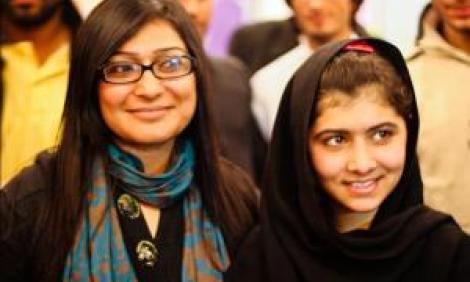
Feminist talk
Attack on Pakistani youth activist will not shake women's rights activists
An exceedingly sad, insensate and astounded feeling comes to mind while writing this piece about an innocent 14 year-old activist Malala Yousafzai shot in Swat, Pakistan earlier today. This young girl who exemplifies active participation in the Take Back the Tech! campaign in Pakistan.
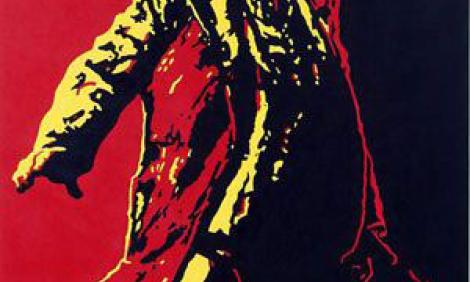
Feminist talk
Censorship in South Africa: Protecting or policing?
The Spear is a painting that depicts the African National Congress leader and South African president Jacob Zuma in a rallying pose, with genitals exposed. It has caused controversy and been defaced. Images of the painting have gone viral on internet. In late May 2012, the South African Film and Publications Board classified the painting, as "16N" - not suitable for people under the age of 16…
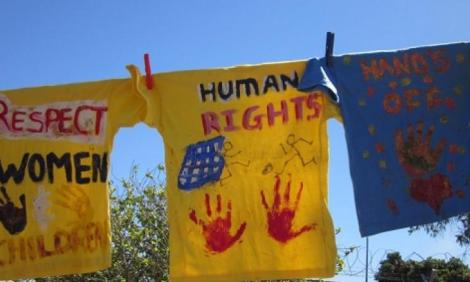
In depth
UPR of South Africa: Connecting the right to communication to women´s rights
South Africa's constitution guarantees freedom of expression, and has been interpreted to include the right to community media and to creative journalistic content. However, these progressive interpretations come in the light of broadcasting, rather than the internet. Online media and its regulation in South Africa fall short of the human rights standards that South Africa has recognised under…
Feminist talk
May 17 | World Internet Day & IDAHO | What does internet freedom mean to you?
May 17 marks two important causes: The International Day Against Homophobia and Transphobia (IDAHO)and World Internet Day. Join us and play Twitter tag to connect your rights on May 17th. Help activists in your communities - geographically or issue-based - to connect with other activists who might know about IDAHO or internet rights but might not see them as interconnected or even know each…

Feminist talk
Anonymity, accountability and the public sphere
I found myself being confronted with the issue of anonymity and accountability in different ways at the AWID Forum. At the Feminist Tech Exchange (FTX) and Connect Your Rights events that took place just before the Forum, we discussed about the different and increasingly sophisticated ways that internet technologies have been used to erode any sense of anonymity online.
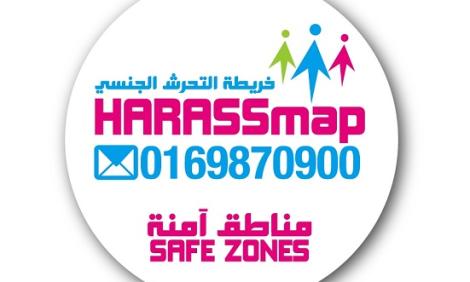
Feminist talk
Taking street harassment off the streets and off the map!
I walked in late to the jam-packed session “Bringing Gender to the Streets: Young Women Amidst the Arab Uprisings” at AWID Forum 2012. This was not a session about technology or the internet, but it was a common strand running through each presenters' activism and evidence-building for women's rights, even and perhaps especially in the midst of revolution.
Feminist talk
Soweto #RapeVideo: I don’t create or forward violence!
In a trend that is becoming all too familiar, distribution of an alleged gang rape video has again made the news this week. Like the Jules High School case, the cell phone video went viral and was finally reported to the police by an upset parent who found the video on a teenager’s cell phone. The video triggered outrage online among netizens, with many users expressing their anger using the…
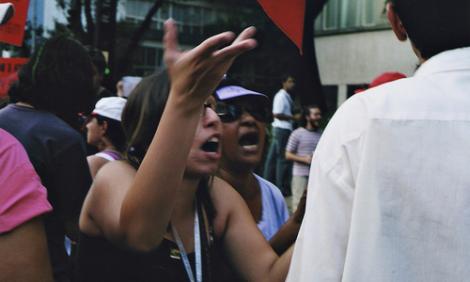
Editorial
Daysi Flores: SOME THOUGHTS AROUND ... Discovering worlds and sharing resistances online
A girl growing up in the 80s in Central America, in Honduras, who went to state schools had few chances to access any type of technology. It was even difficult for us to access books as a source of knowledge, and letters were a form of communication to which only some of us had access. All of the music - other than the music that my mother listened to - was only available in English...
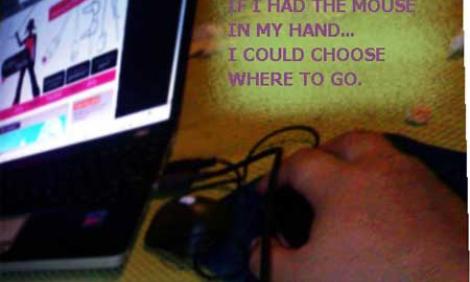
Publication
Voices from digital spaces: Technology related violence against women - executive summary
Drawing on findings from APC's MDG3: Take Back the Tech! project with women's rights organisations in twelve countries in Asia, Africa and Latin America, this paper explores the links between the internet, cell phones and violence against women and illustrates that technology related violence impacts women as seriously as other forms of violence.




